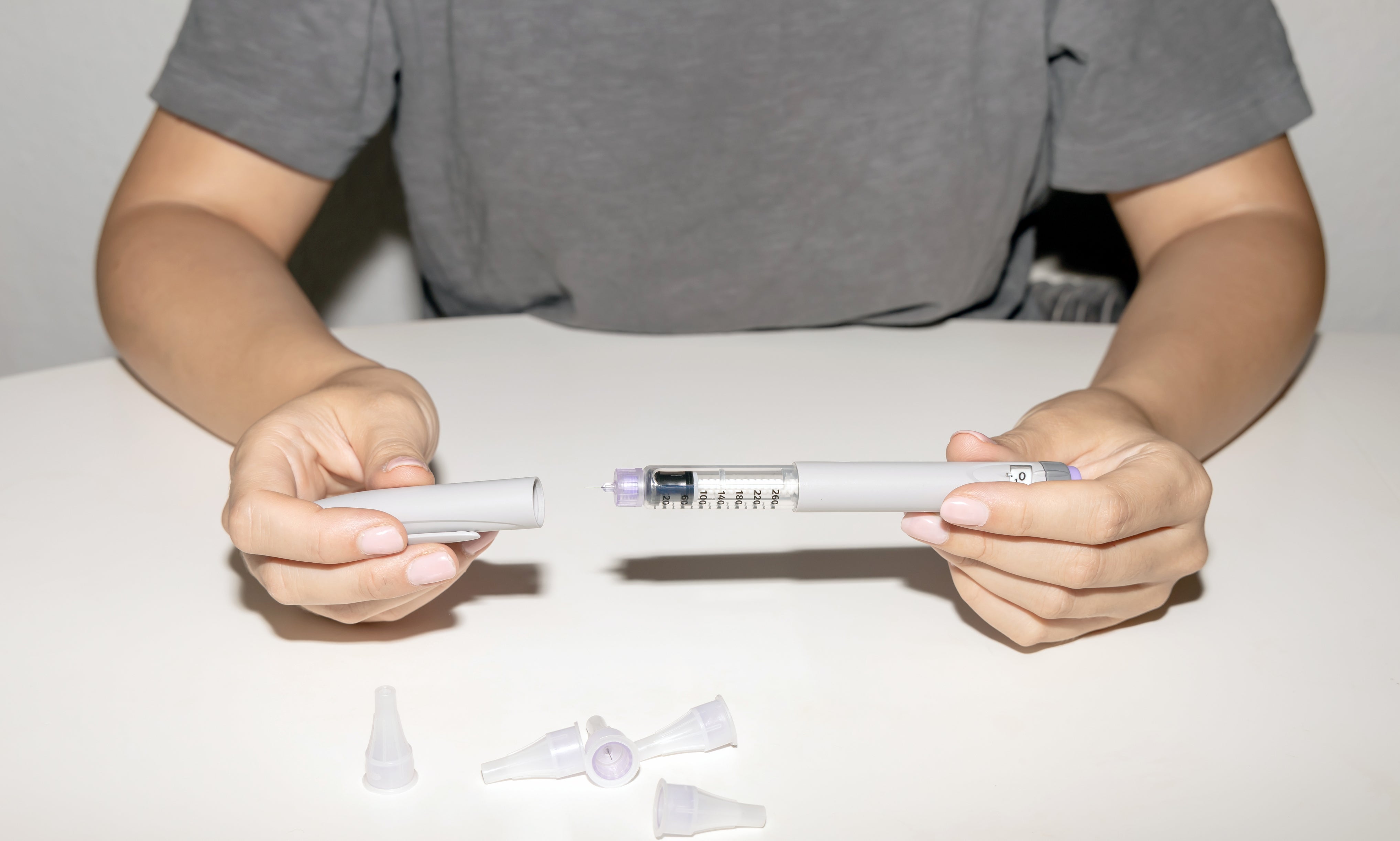What’s really to blame for Britain’s life-threatening drug shortage
A report has zeroed in on the impact of Brexit on prescription drugs. Shortages have become commonplace, with devastating results – as James Moore understands only too well...


“They can’t get your insulin.”
My wife’s tone conveyed a mixture of worry and frustration. For me, it felt as if I had been hit with a sledgehammer. Pure fight or flight.
When I was two years old, you see, my immune system went haywire for reasons that are not well understood – and blitzed my pancreas’s insulin-producing cells.
As a result, I was left unable to metabolise carbohydrates before I even really knew what it was; before I’d had so much as the taste of a Twix. The only way to live without starving – which was basically the treatment before Sir Frederick Banting and his colleagues worked a scientific miracle – is to inject or pump insulin.
Thanks to this insulin (unfortunately the NHS and my useless clinic won’t let me let anywhere near a pump or any of the revolutionary new kit, which I’ve written about) I’ve managed to survive for more than 50 years with a defective organ. I have, at no time, lacked insulin to poke into my arms, legs and stomach. I have never experienced having a prescription knocked back by a pharmacist. Until now.
That’s because, despite being around for more than a century, insulin is one of the multitude of treatments caught up in the shortage economy. In my case, the problem was caused by the delivery system. I use pens. They look a bit like an EpiPen. But there won’t be any of them around to deliver my basal, long-acting insulin until December 2024.
There are alternative delivery systems; at worst you can use old-fashioned phials and syringes. I tried: but to get them forced me into a battle with the NHS’s byzantine bureaucracy.
My wife and I made calls, sent emails, engaged in toing and froing between GPs, pharmacists and people looking at us blankly while we endured heart palpitations and horrible fear. Saying goodbye to pizza – my favourite food – might sound like the least of my problems; but it was the first in a series of nightmarish scenarios conjured by my own, terror-stricken mind.
This problem is by no means specific to the quarter of a million people in England and Wales (per NHS digital) with type 1 diabetes. Far from it. It is affecting a LOT of drugs, from everyday treatments for relatively routine illnesses to literal lifesavers.
It has affected the much more common type 2 diabetes. Ozempic, one of the drugs used to treat it, has similarly encountered supply problems, as have Trulicity, Victoza, Saxenda, Byetta, and Bydureon.
Clinigen Direct, a website aimed at pharmacists, lists 56 shortage-affected medicines along with alternatives. It isn’t comprehensive. My Tresiba was not on it.
“Multiple indicators show that the past two years have seen constantly elevated medicines shortages, in a new normal of frequent disruption to crucial products, which if anything worsened in 2023,” says a report from the Nuffield Trust. “The English NHS had to increase medicine prices to deal with supply problems on a scale which cost £220m more in one year than the same products would have at their previous costs.”
You’re now going to ask me about causes and unfortunately – this makes my headache but at least I haven’t yet encountered difficulties getting hold of painkillers so far – there are no easy answers.
While shortages may have their individual causes, if you read the report you will see that Brexit exacerbates and complicates them – at the very least
Diabetes UK, a charity supporting those with various types of the condition, says the Tresiba shortage is down to parts; the plastic used to manufacture the pens (they are recyclable so please don’t berate me).
Ozempic and its peers have been hard to find partly because of “a surge in off-label prescriptions” of this class of drug for the purposes of weight loss. There are probably as many issues as there are treatments faced by shortages.
However, it is also true that the UK has cut off its nose to spite its face as a result of the monster under the bed most UK politicians (especially Labour ones) are too scared to talk about: Brexit.
“Brexit has contributed to difficulties by lowering the value of sterling and removing the UK from EU supply chains. In future it will pose the additional risk of being left out of EU measures to respond by shifting medicine between member states, buying products jointly, and trying to bring manufacturing back to Europe,” says the report.
Thanks so much, Boris Johnson.
I vividly remember calling up the Department of Health and Social Care to see if there was a column to be written about the potential for something like this (or worse) happening in the event of the no deal Johnson once threatened to drop on his country. I was told no. You’ll get the meds that keep you alive and food on your family’s table (I’m paraphrasing).
Now, it appears, it is here. While shortages may have their individual causes, if you read the report you will see that Brexit exacerbates and complicates them – at the very least.
Drug shortages are, at their worst, a life-threatening problem. Even if you can find alternatives, the stress, fear and heartache claw at your mental health.
Our politicians are elected to solve problems. They need to address and solve this one. Now. Reading the report would be a fine place to start.
Join our commenting forum
Join thought-provoking conversations, follow other Independent readers and see their replies
Comments